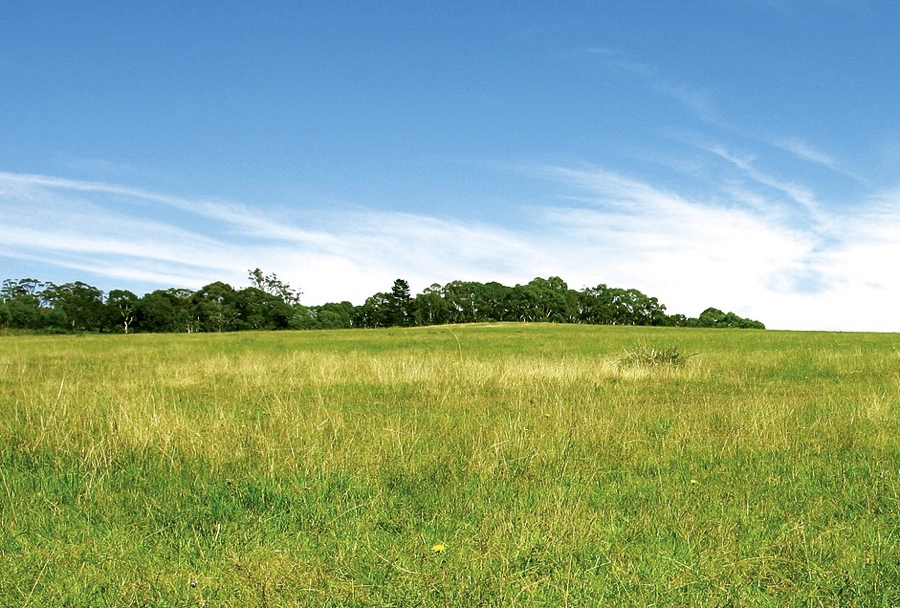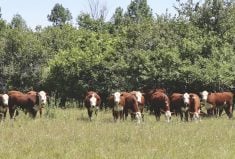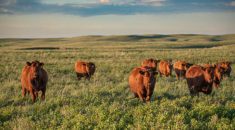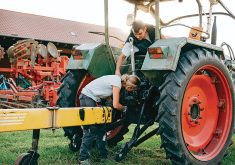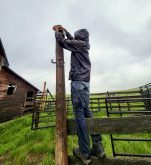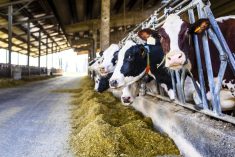A new $5-million initiative aims to find a better way to measure the carbon that Canadian farmers sequester in the soil to make sure they’re being paid fairly for the ecosystem services they produce on their land.
“Despite what you might hear, carbon quantification in Canada is not very well advanced,” said Bryan Gilvesy, CEO of ALUS (originally an acronym for Alternative Land Use Services).
“We found it necessary to actually connect with some of the smartest people in the business to develop new methodologies to accelerate the pace at which we quantify carbon on farm sites in Canada. Without that, it’s difficult to prove our work, so to speak.”
Read Also
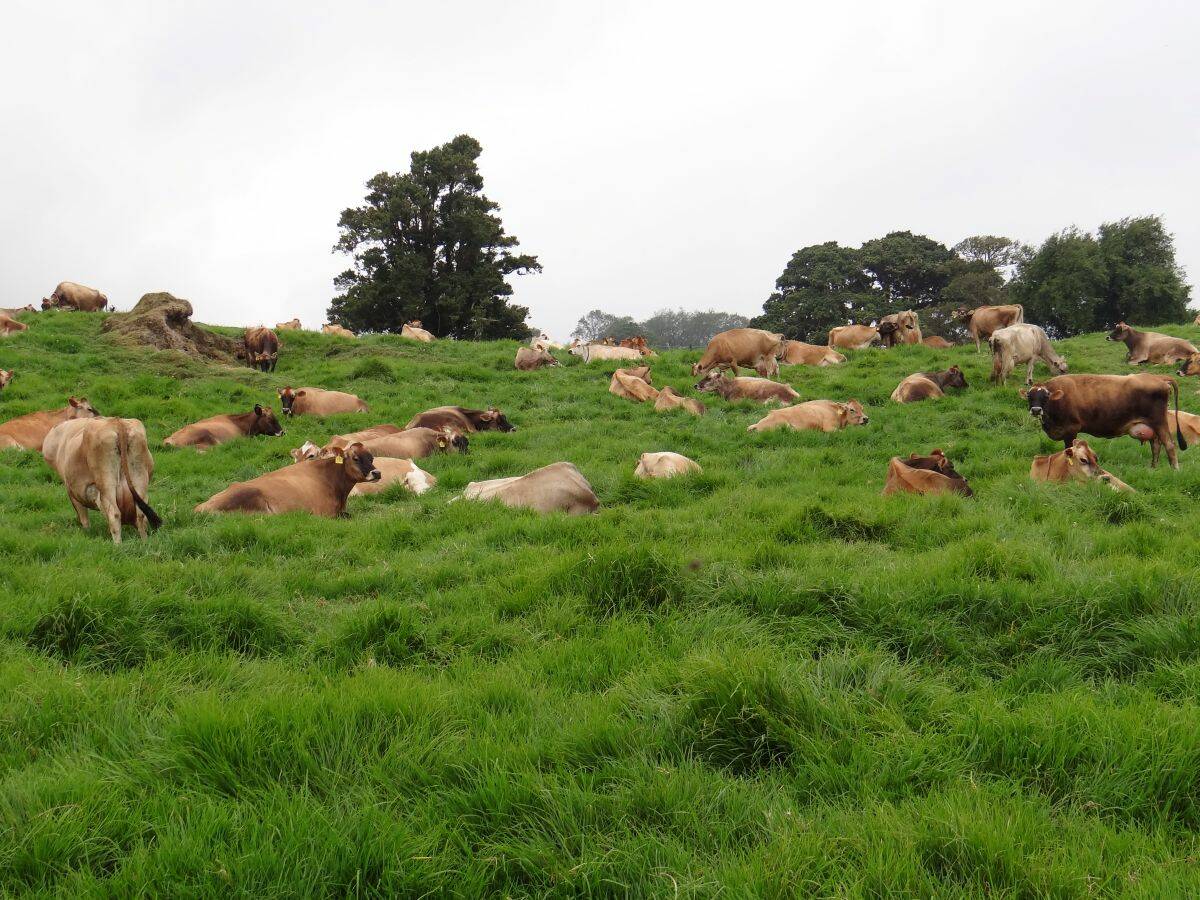
Is inflammation the real cause of milk fever in cattle?
UAlberta researcher Burim Ametaj’s theory challenges 200 hundred years of science and his work may change the approach for treatment.
ALUS is a non-profit that has nearly three dozen chapters across the country, with 17 of them in rural municipalities in Alberta. The local groups, led by producers, help farmers provide ecosystem services through projects such as installing riparian buffers, planting windbreaks and eco-buffers, managing sustainable drainage systems, and creating pollinator and wildlife habitat. ALUS provides some of the funding and/or a modest annual payment for land taken out of production.
The $5-million carbon sequestration project is being funded by Sustainable Development Technology Canada, an arm’s-length government “foundation” that assists companies in implementing environmentally sustainable technologies.

“They’ve recently expanded their mandate, taking a whole-business approach to sustainable development solutions for Canadians,” said Gilvesy. “The ALUS program and the farmers involved in it provide a novel and very innovative approach to sustainable development solutions for Canadians. It’s with that in mind that we struck a relationship with them.”
A substantial portion of the funding will be used to develop metrics and tools for carbon quantification of ALUS’s project sites. Eventually, the goal is to have a network of demonstration sites to test “innovative technologies in regenerative agriculture and nature-based solutions.”
“That will help us provide the marketplace with carbon solutions,” said Gilvesy. “ALUS is principles based, and one of the principles that’s embedded in the way we operate is the need to relate to the markets our farmers are working with.
“We need to develop a marketplace to support their hard work producing ecosystem services. That then expands the notion of what a farm and ranch does — food, fibre, and ecosystem services are all productive parts of our farms and ranches.”
Many companies are keen to work with organizations like his, he said.
“There are corporations that have landscape impacts that have no other way to address them than to engage with ALUS and the ALUS farmers and ranchers as solution providers.”
The organization already has an initiative called the New Acre Project, which allows businesses to sponsor ALUS projects and expand its reach into new communities.
The new $5 million in funding will see six new community chapters set up.
“We’ve got a bit of a queue for community partners across the country, and there’s a queue of farmers wanting to join the program as well,” said Gilvesy.
“We’re working through the list of those candidates right now to make sure we’re tapping into the strongest possible partners across the country.
“But we’re pleased that this program has grown to the point where we see a demand that we’re trying to catch up to.”
A key part of the ALUS model is that farmers, ranchers and others involved in a community group tailor projects to their local area and conditions. That will continue to be the focus, even as the organization grows, said Gilvesy.
“Funding is really important, but we’re also keenly aware at ALUS that we have to make sure we continuously build the strong support systems that can allow a program to grow to scale more rapidly,” he said.
“We’re very cognizant that we build those support systems in a sustainable way that can support this rapid growth so we can survive for the long term.”

